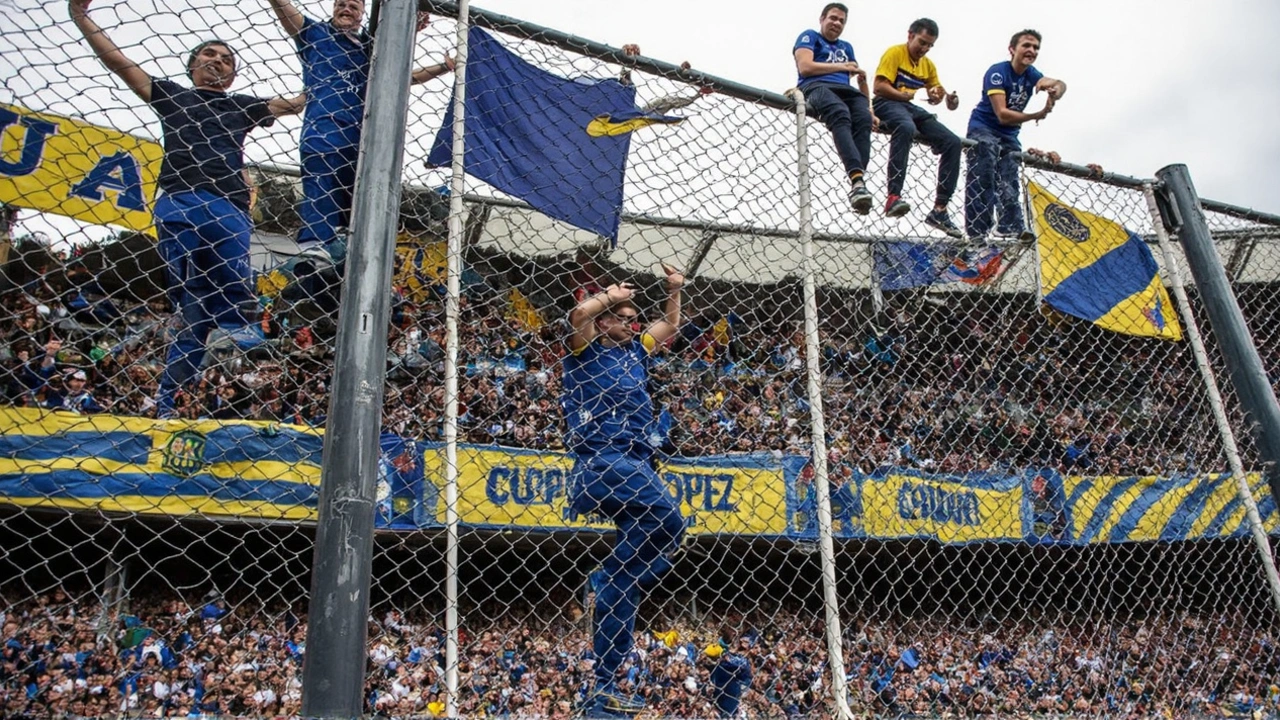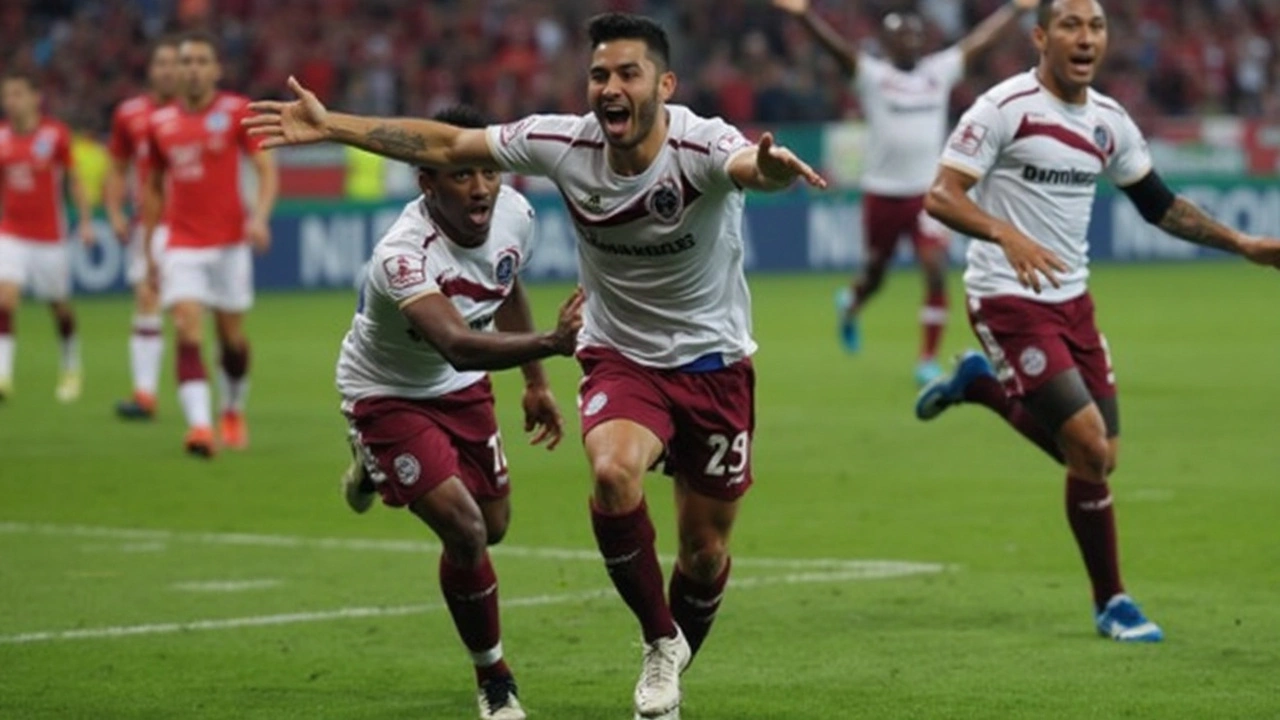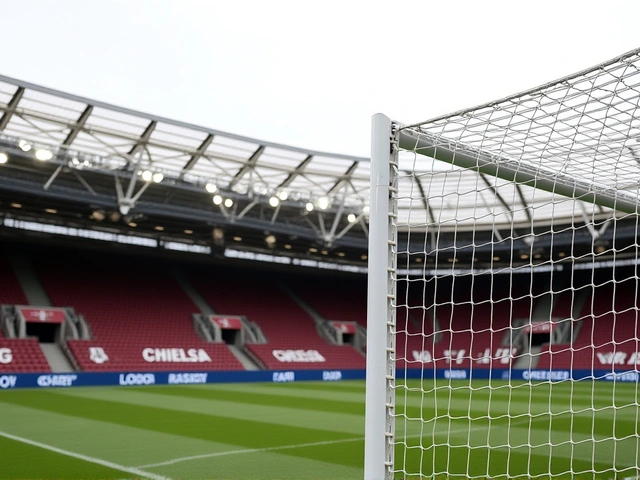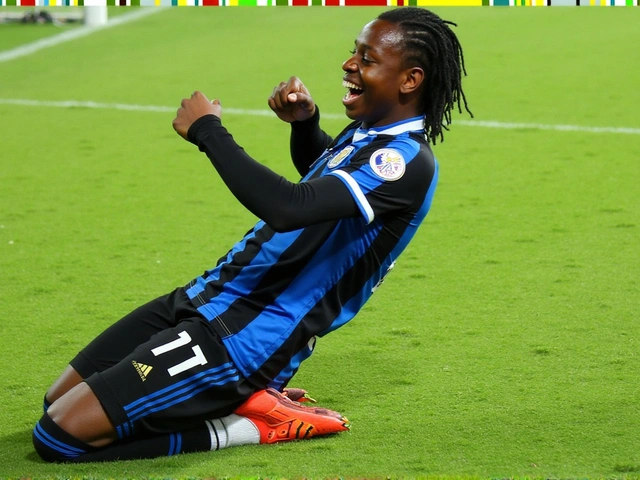Fluminense's Dramatic Turnaround on International Stage
No one at Beira-Rio Stadium on that October night expected the rollercoaster that unfolded. Internacional seemed poised for another historic run in the Copa Libertadores after veteran midfielder Gabriel Mercado’s first-half strike put them in control. With more than 60 minutes on the clock and Fluminense seemingly out of ideas, the crowd in Porto Alegre grew louder by the minute, sniffing a final within reach.
But Fluminense had other plans. After drawing 2-2 in the first leg back in Rio de Janeiro, they knew scoring away would be everything. The turning point came as the game ticked into its final ten minutes. Substitute John Kennedy, barely 21 and dripping with adrenaline, darted into the box and tucked home an equalizer few thought possible. Sensing an opening, Fluminense pushed forward. Only three minutes later, Argentine striker Germán Cano coolly slotted home a clinical finish, silencing the home crowd and crushing Internacional’s hopes. For a team often overshadowed by Brazil’s bigger clubs, Fluminense’s late flurry was pure drama.

A Place in History for Fluminense
This wasn’t just another cup match—this was Fluminense’s shot at redemption after the heartbreak of 2008 when they fell just short in the Libertadores final. The last time they got this close, the dream ended in tears. This time, the energy was different. You could feel it from the snake-haired flares to the final whistle: belief, grit, and maybe even destiny on their side.
Key to their story were Kennedy’s lightning pace and Cano’s reliable finishing. The pair didn’t let nerves control them, even as Internacional threatened all night. And despite Mercado’s decisive opener, Internacional’s attack faded late under Fluminense’s relentless energy.
The victory didn’t just hand Fluminense a spot in the final. It erased years of near-misses and frustrations for the loyal Rio fans. Days later, over 78,000 packed Maracanã for the ultimate showdown against Boca Juniors—a Brazilian vs. Argentine classic. In front of a sea of green, Flu walked away with their first-ever Copa Libertadores crown, completing the journey that started with that frantic semifinal comeback.
Beyond the trophy, reaching the final booked Fluminense’s ticket to the FIFA Club World Cup, giving them a new stage to test themselves against the world’s best. But for many, the wild night in Porto Alegre will be remembered as the moment the underdog from Rio rose up, shook off its underachiever reputation, and changed its own history.






